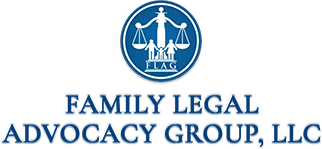She was 9 months old, a baby named Thuy Tran, when she was airlifted to an Arkansas refugee center in the last, desperate days of the Vietnam War.
She was adopted by a military family, moved to South Jersey, played soccer and lacrosse at Rancocas High School, went on to Burlington County College — no longer Thuy Tran but Denise, an American name for an American girl.
The trouble started when she applied to become a Philadelphia police officer in the mid-1990s.
When she sought her birth certificate, officials at the federal immigration office delivered shocking news: She wasn’t a U.S. citizen. She didn’t even have a green card, which provides for legal permanent residency.
In the eyes of the government, she wasn’t the middle-class suburban kid who grew up on soccer fields and skateboards. She was an “illegal alien” who could be deported to a Vietnam she didn’t know or remember.
“They were going to arrest me,” said Denise, 42, who spoke on the condition her last name not be used. “I was undocumented and terrified. For close to 20 years I’ve been living in constant fear that I would be taken away from the only place I’ve ever known.”
Today, amid President Trump’s call for tougher tactics against undocumented immigrants, an estimated 30,000 people who were adopted from overseas as babies or toddlers have discovered they’re not actually U.S. citizens.
Years ago, when international adoption was relatively new, many parents wrongly believed that adoption and immigration were the same thing. Actually, until 2000, they were two separate processes.

